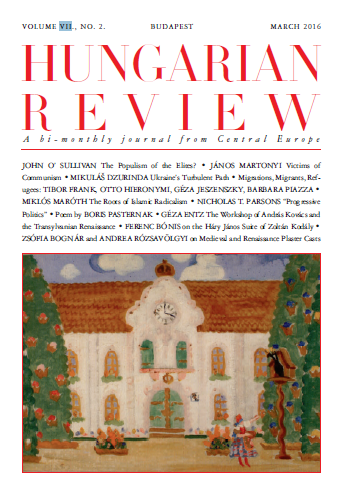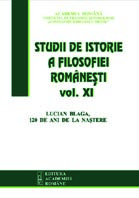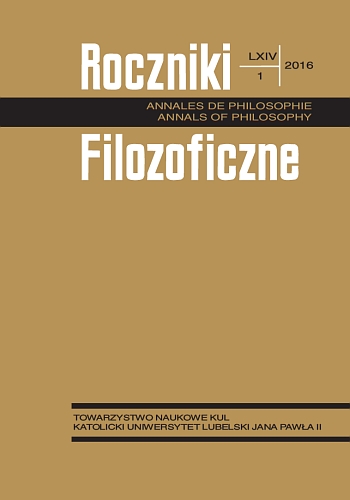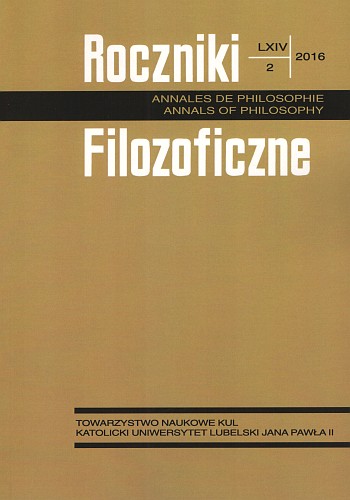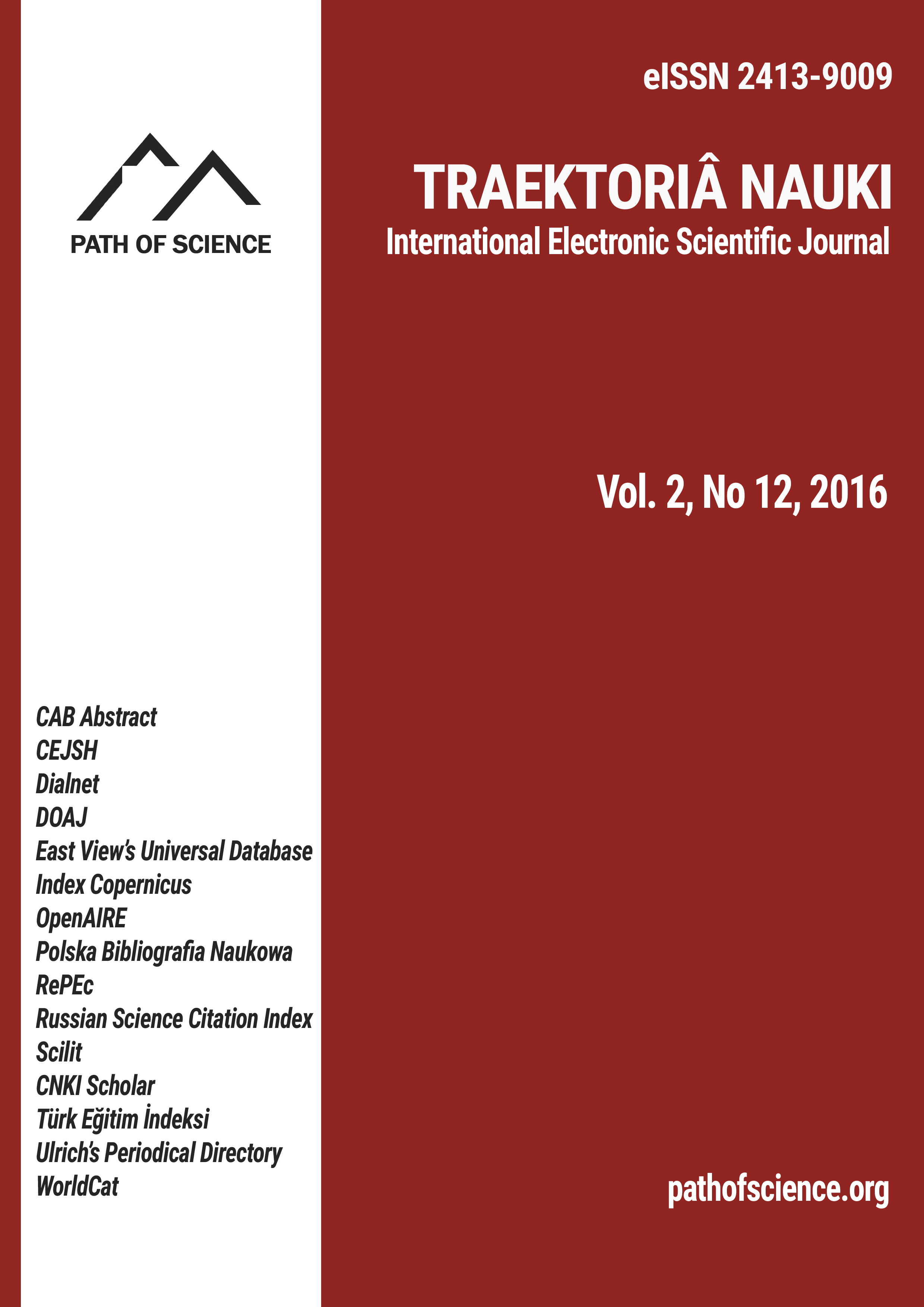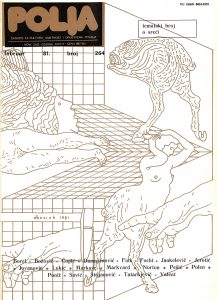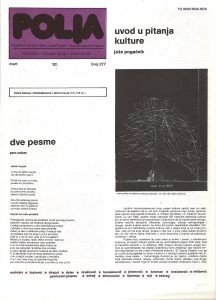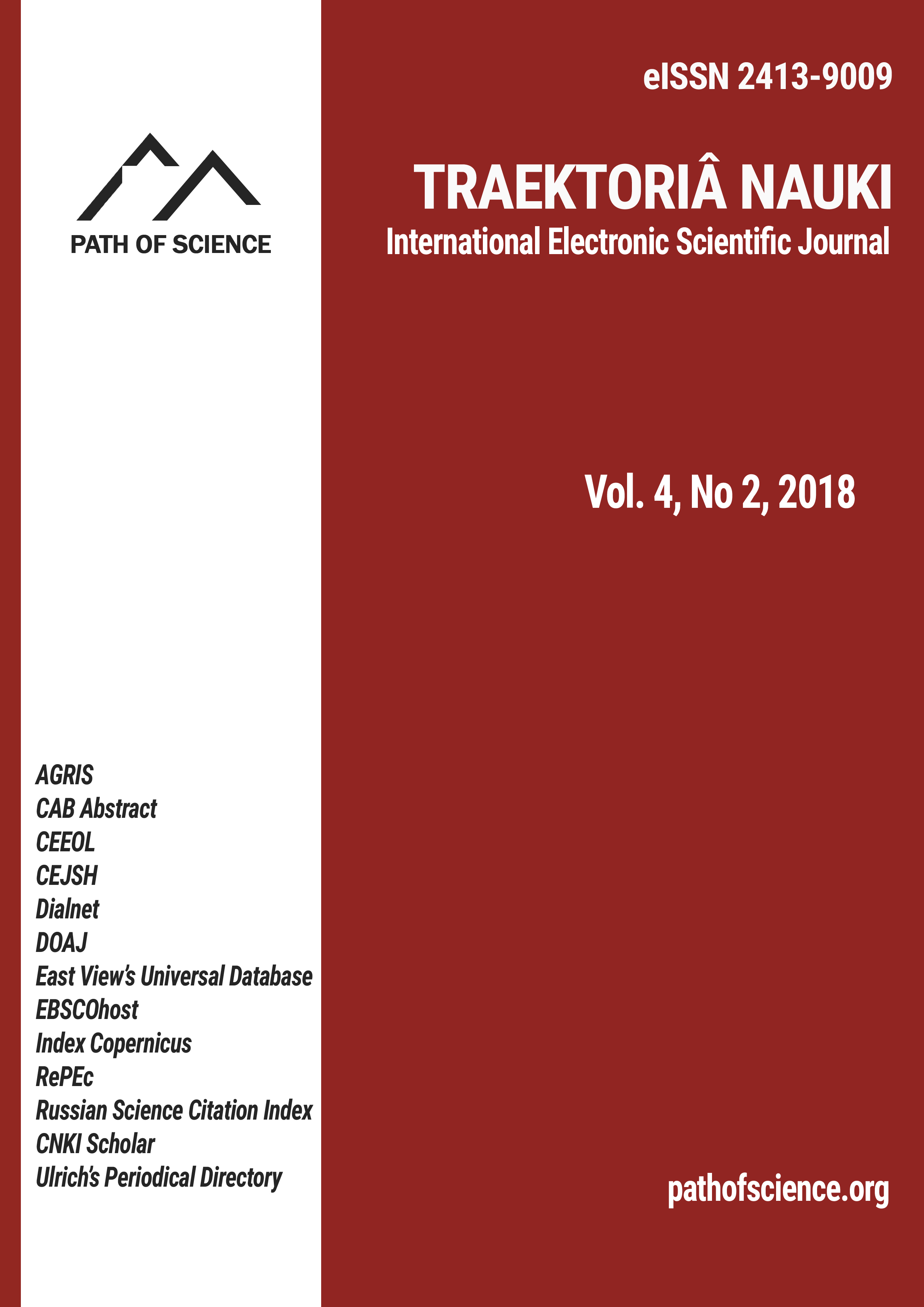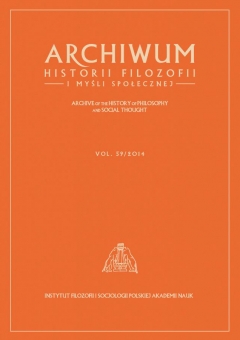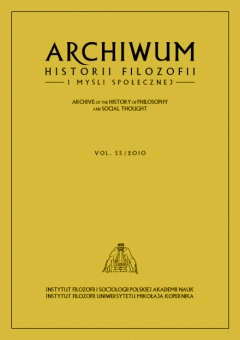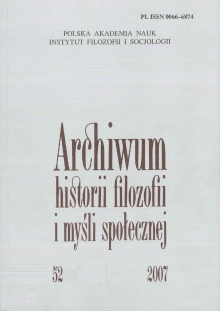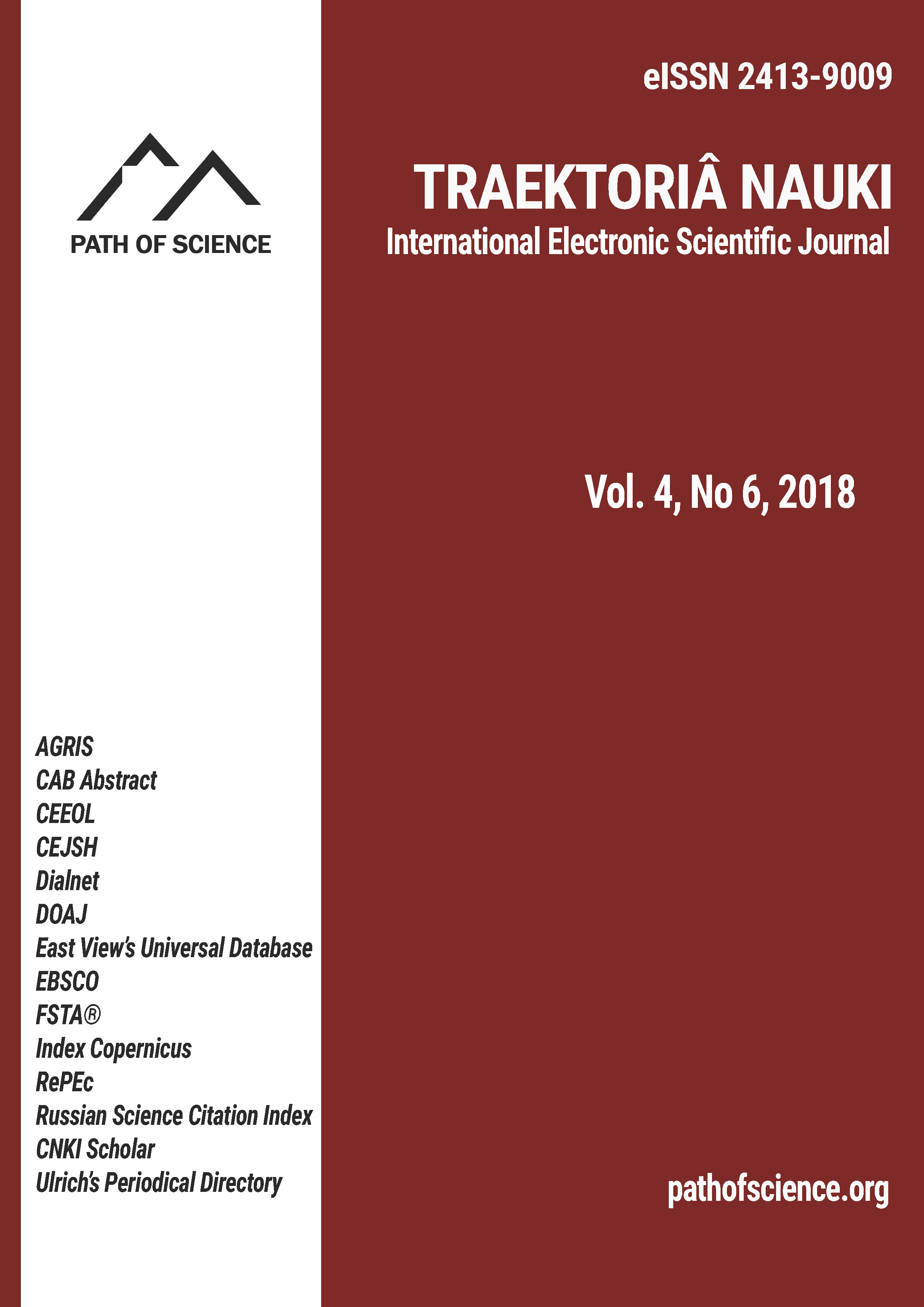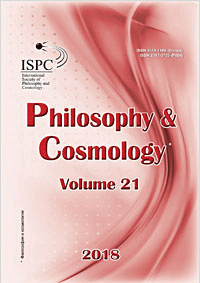Author(s): Paula Marchesini / Language(s): English
Issue: 21/2018
In this paper, I evaluate the work of two contemporary cosmologists, Julian Barbour and Lee Smolin, through the lens of Henri Bergson’s metaphysics of time. Barbour and Smolin center their cosmological systems on their respective philosophical conceptions of time: for Barbour, time is a human illusion that must be eradicated from cosmology; for Smolin, time must be considered a reality of the universe, a force of change that underlies our everyday observations and which not even the laws of physics can escape. Both systems, however, run into dead ends. Barbour cannot escape dealing with observed movement and change and ultimately restricts them to the human brain, where these phenomena are left unexplained; Smolin posits the need for a meta-law that would account for why temporal phenomena unfold as they do, but fails to provide such a law. As I will show, Bergson’s original take on the problem of time has a lot to offer to both sides of the debate. On Barbour’s side, it provides compelling arguments against the latter’s eradication of time, which, if accepted, would invalidate the philosophical assumptions behind his cosmology; on Smolin’s side, Bergson sidetracks the “meta-law” problem and offers a deeper understanding of time than the one presented by Smolin, putting forth a consistent philosophical theory of time which, as I will show, is missing from the latter’s work. Ultimately, my aim is to illustrate, through Bergson’s work, how, without the aid of philosophy, cosmology is likely to keep running into such dead ends.
More...

